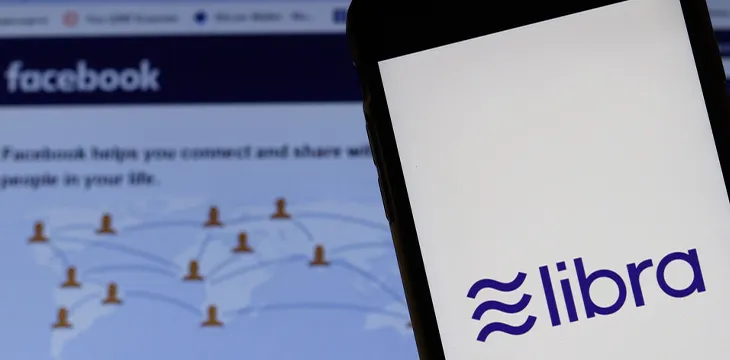|
Getting your Trinity Audio player ready...
|
Financial regulators in the world’s seven biggest economies will continue to oppose the launch of Facebook’s digital currency Libra until proper regulations are in place, a new report has revealed. While recognizing that digital currencies could improve access to financial services, they believe the regulatory structure currently in place isn’t equipped to oversee Libra.
In a draft seen by Reuters, finance ministers and central bankers of the G7 countries revealed that their anti-Libra stance hasn’t changed. The G7, consisting of the U.S., Germany, Britain, Canada, France, Italy and Japan believes that Libra could undermine financial stability if launched under the current regulatory framework.
The group believes that Libra could also undermine consumer protection, taxation, privacy and cybersecurity.
Libra, and similar stablecoins, could be used for money laundering and terrorist financing, compromising market integrity and governance as well as undermining legal certainty, they said.
The draft stated, “The G7 continues to maintain that no global stablecoin project should begin operation until it adequately addresses relevant legal, regulatory, and oversight requirements through appropriate design and by adhering to applicable standards.”
A number of financial regulatory authorities in the G7 countries are currently exploring the opportunities and risks associated with CBDCs, according to the draft. However, it didn’t list the level of progress the regulators have made or if any of them were looking to launch a CBDC in the near future.
Aside from CBDCs, the draft sounded an alarm regarding the rising threat of ransomware attacks, with digital currencies being used to make payments. These attacks have been on the rise since the COVID-19 pandemic broke out, fueled by the influx of people conducting economic activities online.
“These attacks, which often involve payments in crypto-assets, jeopardize essential functions along with our collective security and prosperity. We affirm our resolve to combat this threat collectively as well as individually.”
The draft comes just after the Financial Stability Board, a G20 body, published recommendations on regulating CBDCs. The report, compiled in partnership with the World Bank and the IMF, seeks to lay out the guidelines that regulators must observe as they explore the feasibility of a CBDC in their jurisdiction.
Watch the CoinGeek Live Day 1 panel, The Future of Banking, Financial Products & Blockchain.
https://www.youtube.com/watch?v=FAEoXeN0b8M&feature=youtu.be&t=16604

 07-11-2025
07-11-2025 





